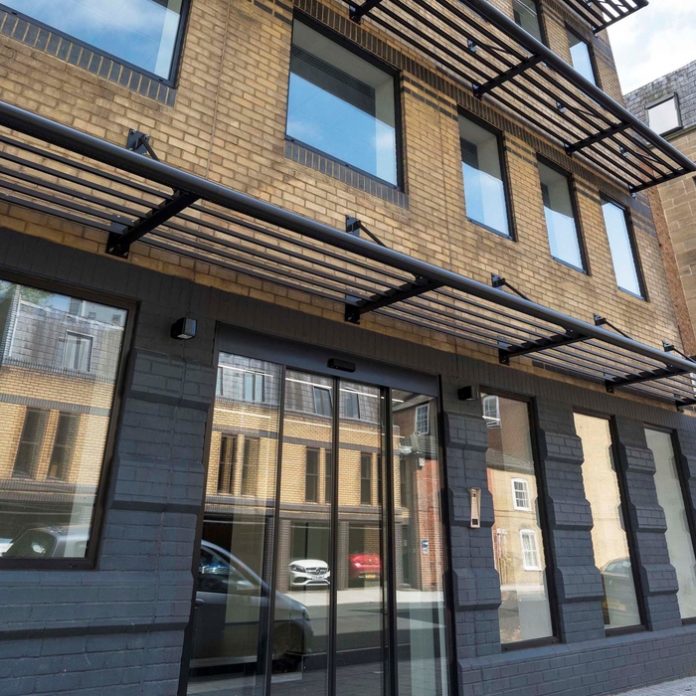Global real estate advisor CBRE has published its 2019 UK Real Estate Market Outlook report, which foresees a turbulent political scene, driven by Brexit uncertainty, causing hesitation and delay for property markets, businesses and consumers alike. Whilst there is a strong likelihood that the UK and EU will sign a withdrawal deal in the coming weeks, and a reasonably comprehensive free trade agreement will eventually be concluded, CBRE is placing a 40% probability on a ‘no deal’ outcome.
Coupled with political uncertainty, CBRE anticipates a benign but gradually weakening global economic environment, with notable risks around trade and sovereign debt. UK GDP growth in 2019 is expected to be 1.5%, slightly stronger than 2018.
Commenting on the report, James Brounger, Regional Managing Director, CBRE Southampton said: “The uncertainty around Brexit in general is reflected in some sectors throughout our regions. However, activity in the industrial and warehouse sector across the South Coast has been strong and we anticipate this strength to continue during 2019.
“With the ongoing reduction in premium city centre office space, transactions are likely to be smaller and take longer, but there is still investment and occupier demand for well appointed, well located space.”
Capital Markets
2018 illustrated the resilience of the UK property investment market, particularly in the eyes of overseas investors. As such, CBRE anticipates investment volumes are likely to remain robust at around £65bn for 2019. At an All Property level, CBRE expects total returns of just under 3% per annum for the five years to 2023. Income return will continue to be the mainstay of performance, with a slight rise in rents being offset by a modest overall rise in yields as interest rates end the period higher than they began it.
Sectors to watch
The ecommerce revolution will continue to sustain demand for industrial and logistics space in 2019, with demand for bigger ‘big boxes’ increasing fastest. ‘No deal’ Brexit concerns have not yet been a major force in driving demand and speculative development is starting to address supply-side concerns. Investment demand remains very strong, but investors will need to keep an eye on innovations in logistics technology.
Interest in the so-called ‘beds’ real estate investment sectors continues to grow, with rented housing, student accommodation, hotels and healthcare all experiencing growth. They display certain similarities in terms of operational risk and major supply-side constraints which drive price growth. However, 2019 may see changes in investment patterns. For instance, there will likely be significant growth in institutional capital moving to invest in hotels, even as private equity funds remain active in this space. The perceived market and economic uncertainty in 2019 will also drive further interest in healthcare real estate. To date, specialist funds have raised significant new capital to focus on the sector and infrastructure funds have entered the market. CBRE expects a ‘flight to safety’ to drive relative performance and investment volumes in the healthcare market throughout 2019.
For retail, a ‘perfect storm’ of Brexit, business rates, inflation, the growth of ecommerce, and labour cost pressures, will weigh on the minds of UK retailers in 2019. The retail and hospitality landscape will polarise into ‘experience’ and ‘convenience’, with shopping centre owners likely to act to reposition their assets accordingly. Investment volumes are likely to remain low, but pubs, leisure, and roadside retail will move increasingly into investors’ sights as these previously niche sectors become more investable.
Miles Gibson, Head of UK research at CBRE said: “With Brexit not yet done and dusted, rather weak UK growth, and a range of international risks, 2019 will be a challenging year for UK real estate. Whilst there will be some variance across sectors, UK property will nevertheless continue to deliver stable returns, underpinned by a robust income profile.”






















